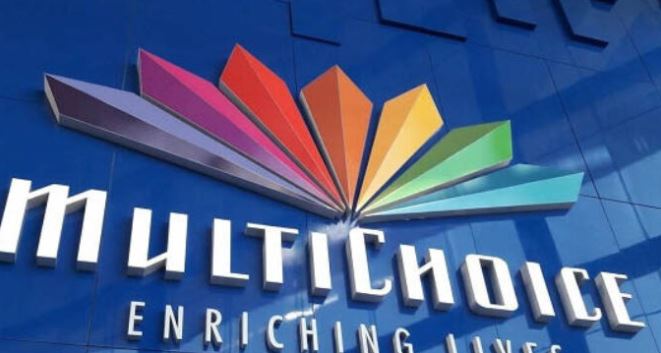*Asks banks to stop accepting BDC applications
*BDC Forex ban, bad news for private sector — Operators
Against the backdrop of its recent ban on direct sales of foreign exchange to Bureaux de Change (BDCs), the Central Bank of Nigeria (CBN), yesterday, announced that it will start returning capital deposits and licensing fees to promoters of BDCs who have their applications for license pending at the apex bank.
Meanwhile, private sector operators have said that the decision of the apex bank to halt direct sales of Forex to BDCs portends bad news for businesses in the real sector.
In a letter to promoters of BDCs and Deposit Money Banks, DMBs, the CBN also directed the banks to stop accepting instructions from customers applying for BDC licenses.
The letter signed by Director, Financial Policy and Regulation Department,
Ibrahim Tukur, stated: “Further to the Monetary Policy Committee (MPC) briefing of July 27 2021, the CBN will commence the immediate refund of capital deposits and licensing fees (where applicable) to promoters who have pending BDC license applications with the CBN.
“Accordingly, CBN hereby advises as follows: Such BDC promoters should forward their requests for the refund in writing to the Director Financial Policy and Regulation Department, Central Bank of Nigeria, Abuja.
“The requests should be accompanied with the following documents: Telex copy of the capital deposit of N35 million; Account details for the refund, which should be the same as the account from which the capital deposit originated, including the bank name, account name, account number, copy of the bank draft/telex for payment of licensing fee of N1 million (if any).
“In addition, all DMBs are hereby directed to henceforth stop accepting instructions from customers to transfer capital deposit of N35 million to the designated CBN account for the purpose of applying for BDC licenses.”
Bad news for private sector — Operators
Speaking to Vanguard, on their reactions to the ban in forex sales to BDCs, officials of the National Association of Chambers of Commerce Industry Mines and Agriculture (NACCIMA), National Association of Small and Medium Enterprises (NASME) and former Director General of the Lagos Chamber of Commerce and Industry (LCCI) were unanimous on their misgiven to the CBN action.
NACCIMA DG, Amb. Ayo Olukanni, stated: “While we understand the need for the CBN to take urgent measures to ensure the legitimate use of forex and prevent “wholesale and illegal use”, we see this directive as a latest in the long list of actions by the CBN to ensure absolute control of the Nigerian forex market, in terms of who buys, who sells and for what purpose.
“Past directives such as the regulation of International Money Transfer Operators (IMTOs), the automatic conversion of Diaspora remittances at rates determined by the CBN, the implementation of multiple forex trading windows, and the directive to provide evidence of intended use of forex (among others) all point to this.
“However, given the bureaucratic nature of the process of obtaining “legitimate” forex, the implication of this directive is likely to be a blossoming black market for forex with serious implications on businesses with time-sensitive needs for forex in terms of import of raw materials, a further increase in the cost of doing business, a negative impact on inflation, and yet more bad news for the Nigerian private sector.”
Also reacting, NASME, Prince Degun Agboade, said: “CBN decision to stop sale of FX to BDCs will surely result to shortage of FX to Nigerians as CBN will not likely supply same to the system. This, following the law of demand and supply, will result into, in my view, increase in exchange rate.”
On his part, economist and former LCCI DG, Dr Muda Yusuf, said: “What is happening in the foreign exchange market is a consequence of the CBN policy choice of a fixed exchange rate regime and administrative allocation of forex. It is a policy regime that has created a huge enterprise around foreign exchange – round tripping, speculation, over invoicing, capital flight etc.
“The action of the apex bank amounts to tackling the symptoms rather than dealing with the causative factors, which is not a sustainable solution.
“Suppressing the market is like swimming against the tide. It is a difficult battle to win.
Moving retail forex transactions from BDCs to the banks is like kicking the can down the road. The same issues would manifest even with the banks. Managing a subsidy regime is typically a herculean task. We have seen this happen with fertilizer subsidy and petrol subsidy. The story cannot be different with foreign exchange.”
The way out of this foreign exchange conundrum is for the CBN to allow the market to function. It is also imperative for the apex bank to de-emphasize demand management and focus on strategies to stimulate forex inflows. A fixed exchange rate regime is a major disincentive to inflows and creates enormous pressure of demand for forex. It is a contradiction in terms
Vanguard






